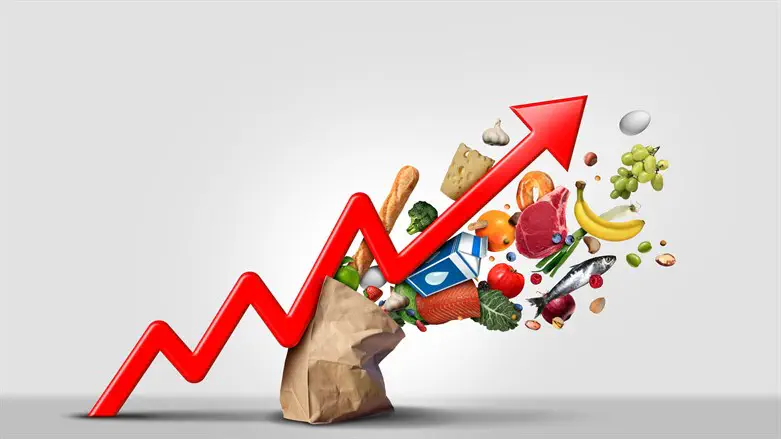
The International Monetary Fund (IMF) has issued a warning about the potential of global food shortages leading to civil unrest.
The world could soon face a global food shortage due to the continuing Ukraine war, the IMF warned.
The IMF estimated that the potential crisis would severely impact the entire world but especially poorer countries who would find themselves in dire need of food.
“Global economic prospects have been severely set back, largely because of Russia’s invasion of Ukraine,” the IMF wrote on its blog.
“This crisis unfolds even as the global economy has not yet fully recovered from the pandemic. Even before the war, inflation in many countries had been rising due to supply-demand imbalances and policy support during the pandemic, prompting a tightening of monetary policy. The latest lockdowns in China could cause new bottlenecks in global supply chains.”
The IMF said that beyond the immediate impact of the Ukraine conflict, the economic result will be slowed growth and increasing inflation leading to a challenging situation for central banks.
Their newest forecast was revised to lower global growth to 3.6 in 2022 and 2023, including downgrading the EU by 1.1 points, making it the second largest contributing factor to worldwide economic instability.
“The war adds to the series of supply shocks that have struck the global economy in recent years,” the IMF said. “Like seismic waves, its effects will propagate far and wide — through commodity markets, trade, and financial linkages. Russia is a major supplier of oil, gas, and metals, and, together with Ukraine, of wheat and corn. Reduced supplies of these commodities have driven their prices up sharply.”
“The surge in food and fuel prices will hurt lower-income households globally, including in the Americas and the rest of Asia,” they added.
The organization predicted that Eastern Europe and Central Asia, each having direct trade with Russia, will suffer the most. The displacement of an estimated 5 million Ukrainian refugees to Eastern Europe will also add economic pressure to the region.
“Inflation has become a clear and present danger for many countries,” the IMF said. “We now project inflation will remain elevated for much longer. In the United States and some European countries, it has reached its highest level in more than 40 years, in the context of tight labor markets.”
They called for “commensurate and concerted policy actions at the national and multilateral levels to prevent even worse outcomes and improve economic prospects for all.”

